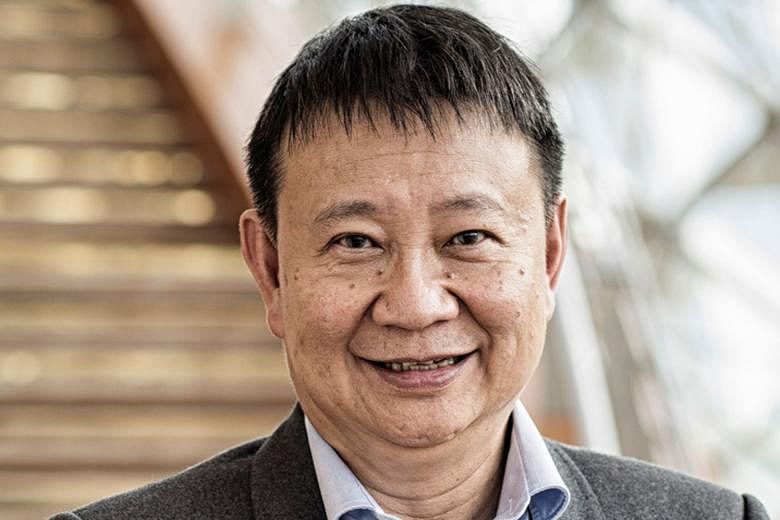Singapore's Public Service Commission (PSC) will explore new tools to ensure that it awards its prestigious scholarship to a more diverse range of students.
In an open letter released yesterday, PSC chairman Lee Tzu Yang set out the importance of diversity in the public service and how the move is part of the commission's ongoing efforts to cast its net wide for Singaporeans from all backgrounds.
The new tools would supplement PSC's psychometric tests and interviews, and open up opportunities for even more candidates to come forward and be considered, he said.
Mr Lee cited how many organisations today use game-based assessments to evaluate candidates for attributes such as perseverance, learning orientation and risk avoidance.
"We can never discount intellect as a desired attribute, but we will consider other attributes, such as evidenced by self-initiated community service and leading change in new, different and difficult directions," he said.
Mr Lee, who replaced Mr Eddie Teo as PSC chairman on Aug 1, wrote the letter as he approached his 100th day in office. He retired as chairman of Shell Companies in Singapore in 2014.
He emphasised that diversity is a source of strength for the public service and will make it more resilient.
"Understanding and affiliation with our society in all its complexity will enable sensitivity and sensibility. Group-think is a weakness in a highly complex and uncertain world," he said.
Mr Lee noted that PSC has for some years been reaching out to students from a wider variety of schools and polytechnics, and now has more candidates from different schools in its scholarship selection.
This is a work in progress, and PSC will continue to do more to encourage others to apply, he said, adding that it seeks a "wide variety of life experience" for the public service.
The commission needs Singaporeans from all backgrounds to step forward to serve, he said, at a time when the issues facing the country are becoming more complex.
He noted that a more educated public with higher aspirations and greater exposure to ideas has led to a debate on issues such as inequality of wealth and opportunity, the meaning of inclusivity, and the consideration of diversity beyond the Chinese-Indian-Malay-Others categories of ethnicity.
"It means that the public service will be successful only if its members have the empathy to look past differences to see the humanity in people, to build bridges between competing interests and encourage trust in public policies which seek to be the best but may not always be perfect," he said.
As part of the drive to foster diversity, the PSC will encourage scholars to consider a wider variety of courses and different countries for their studies, he added.
Mr Lee said meritocracy in the public service must come in the form of allocating opportunities for people to serve Singapore, based on an individual's ability to contribute to the good of the country.
He also cautioned against an "entitlement mentality", saying too much has been made of rewards and who deserves how much - whether due to achievement, hard work or overcoming the odds.
"Scholarships are not rewards but opportunities for responsibility to serve," he said.
Sociopolitical commentator Devadas Krishnadas said a more diverse leadership in the public service - in terms of background and experience - will have an impact on public policy decision-making.
"This is a significant change that is being signalled in this letter, which is that the PSC will add value to the adversity faced by candidates as one factor of the decision to award the scholarship, or not," said the chief executive of management consultancy Future-Moves Group.
He added that it will take five to 10 years for the impact of this change to manifest because of the long lead-up period between awarding the scholarship and people returning to the public service after their studies and developing within it.
"The question is how many, or what proportion, of the scholarships will be going to a more diverse pool," he said.
• Additional reporting by Adrian Lim


